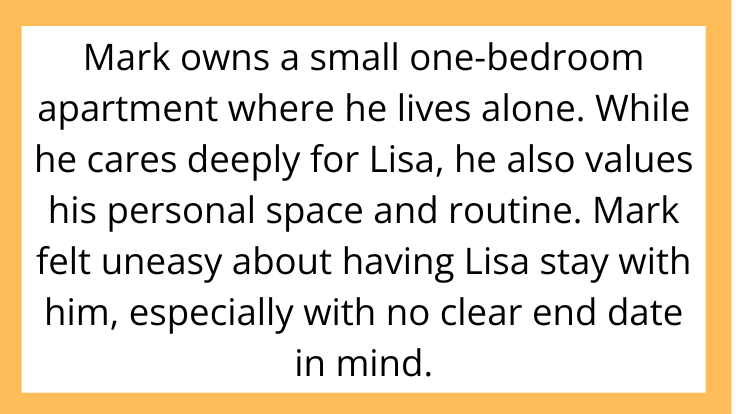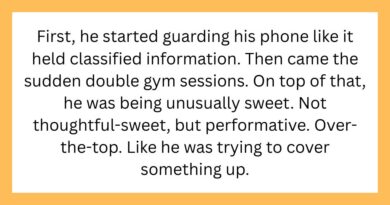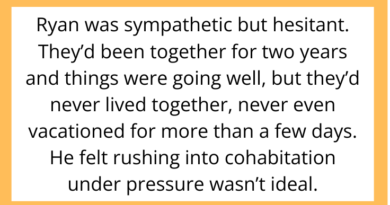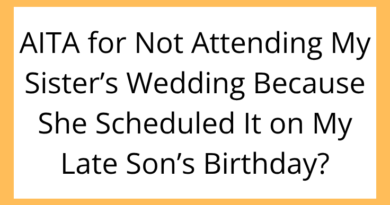AITAH for Refusing to Let My Friend Crash at My Place After a Breakup?
Breakups can be tough, and when friends ask for help during their low moments, it’s natural to want to be supportive. But what happens when helping someone starts to feel like a burden? In this AITAH-inspired post, we explore the tricky situation of a friend seeking shelter after a breakup—and the host who says no.
Let’s dive into the details.
The Story: When Friendship Meets Boundaries
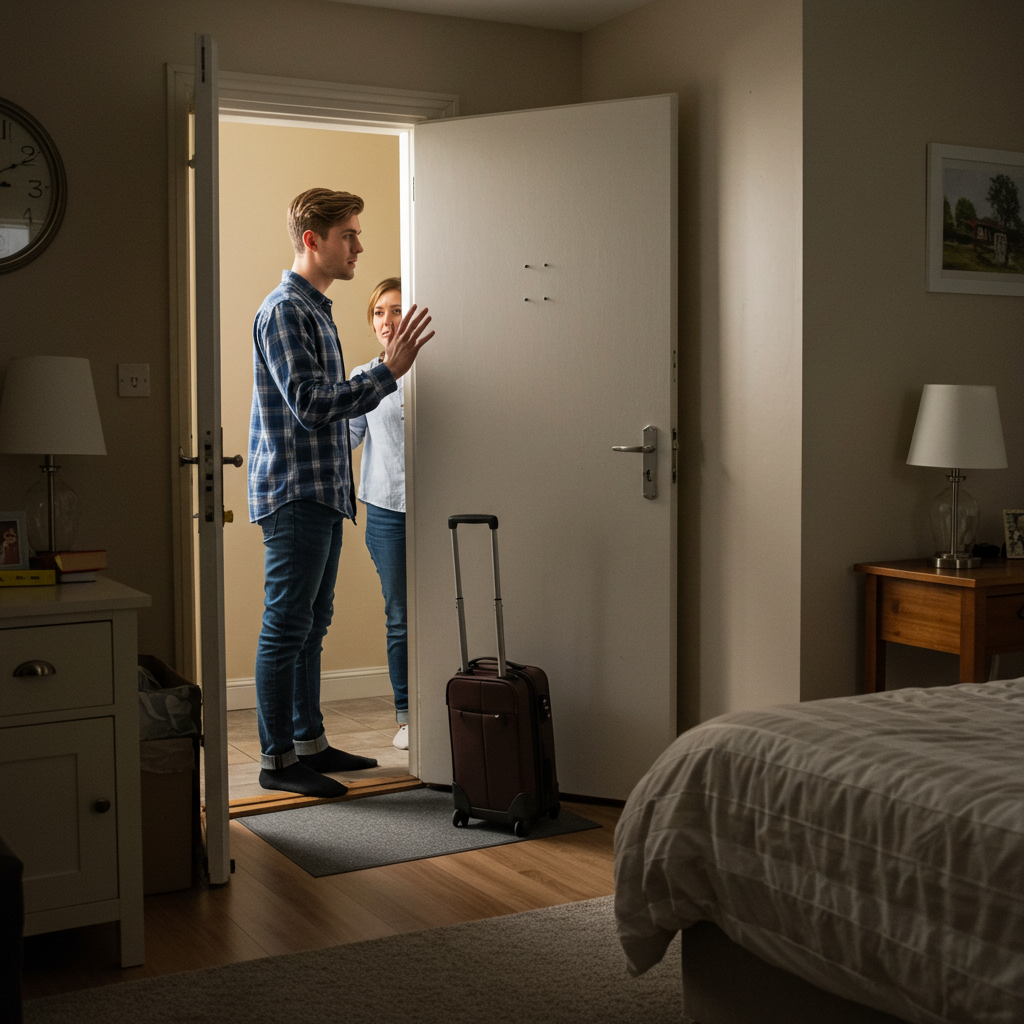
The original poster (we’ll call him Mark) shared on Reddit’s r/AITAH community that his close friend Lisa recently went through a painful breakup. In the emotional aftermath, Lisa asked Mark if she could stay at his apartment “for a few weeks” until she figured things out.
Mark owns a small one-bedroom apartment where he lives alone. While he cares deeply for Lisa, he also values his personal space and routine. Mark felt uneasy about having Lisa stay with him, especially with no clear end date in mind.
He politely declined, offering to meet up regularly, talk on the phone, and help Lisa find other accommodations. Lisa, however, was hurt and accused Mark of not being a “real friend.”
The Conflict: Support vs. Self-Care

Mark’s dilemma is one many people face: how to support loved ones without sacrificing their own well-being.
Why Mark Said No
-
Limited Space: His apartment was small, and sharing it would disrupt his daily life.
-
Emotional Boundaries: Hosting someone going through a breakup could be emotionally draining.
-
No Clear Timeframe: Lisa didn’t specify how long she might need to stay, adding uncertainty.
Why Lisa Felt Rejected
-
Feeling Vulnerable: After a breakup, having a friend nearby can feel like a lifeline.
-
Lack of Alternatives: Lisa’s financial and housing situation was unstable.
-
Expectations of Friendship: She expected Mark to step up in her time of need.
Reddit’s Verdict: Who’s Really at Fault?

The Reddit community largely supported Mark’s decision, emphasizing that saying no doesn’t mean you don’t care.
One commenter noted, “You can’t pour from an empty cup. Taking care of your own mental health is important.”
Others highlighted the importance of setting healthy boundaries to avoid burnout or resentment.
Some, however, sympathized with Lisa’s plight, suggesting Mark could have helped more by assisting her in finding temporary housing or resources.
Understanding Boundaries in Friendship

Healthy friendships involve mutual respect and understanding, including respecting personal limits.
Saying no to a request—even from a close friend—is not inherently selfish. It can be an act of self-care that ultimately preserves the relationship.
Friends can support each other in many ways that don’t require sharing living space, especially when the situation might be temporary but open-ended.
Tips for Navigating Similar Situations
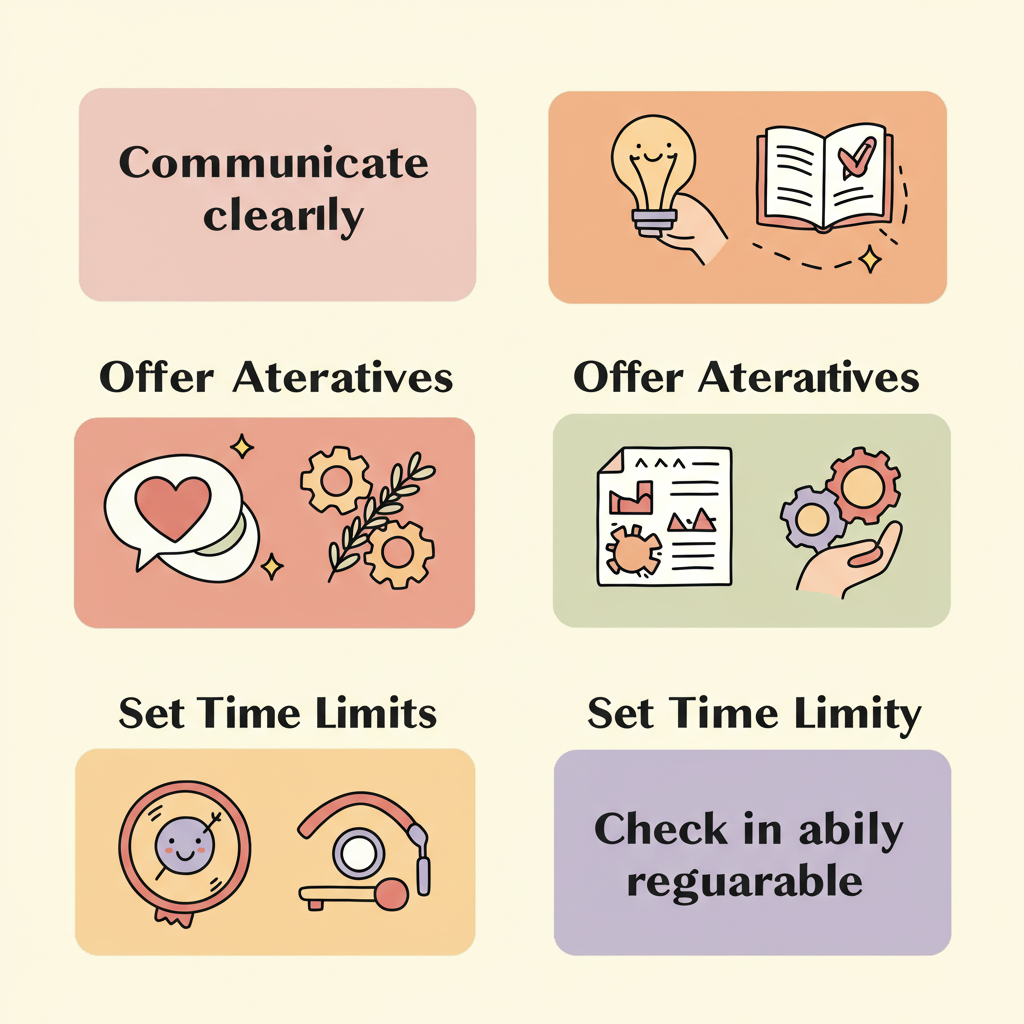
-
Communicate Clearly: Explain your reasons kindly but firmly.
-
Offer Alternatives: Help your friend explore other options.
-
Set Time Limits: If you do agree, set clear boundaries about length of stay.
-
Check In Regularly: Maintain emotional support without overcommitting.
Conclusion: Saying No Can Be the Kindest Choice

This AITAH story reminds us that friendship doesn’t always mean saying yes to every request. Sometimes, protecting your own space and mental health allows you to be a better friend in the long run.
